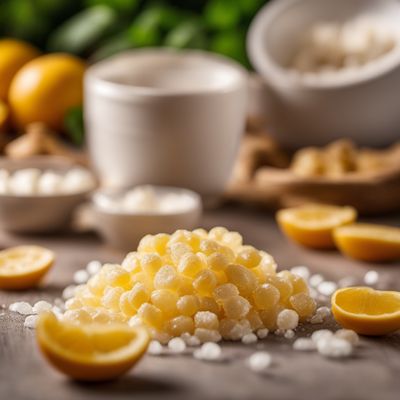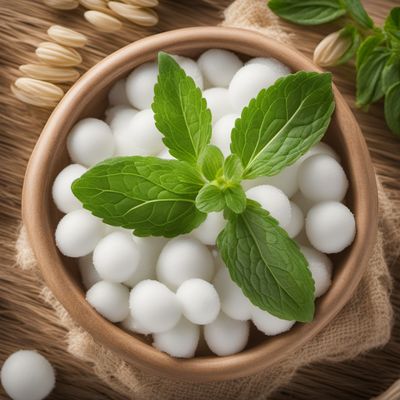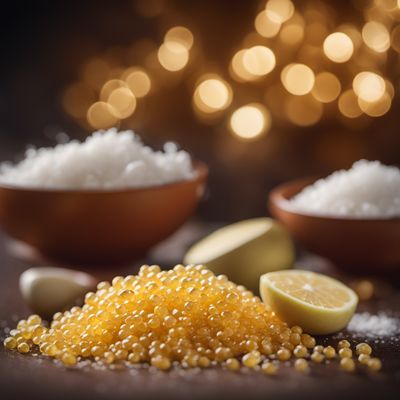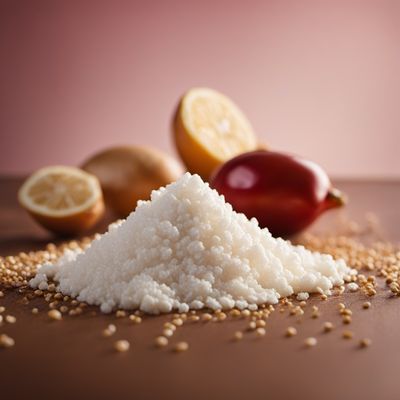
Ingredient
Aspartame
The Sweet Science: Unveiling the Secrets of Aspartame
Aspartame is a white, crystalline powder that is intensely sweet, approximately 200 times sweeter than sugar. It dissolves easily in both hot and cold liquids, making it versatile for use in a wide range of recipes. Despite its sweet taste, aspartame is virtually calorie-free, making it a popular choice for individuals looking to reduce their sugar intake.
Origins and history
Aspartame was discovered in 1965 by a chemist named James Schlatter while working on an anti-ulcer drug. It was accidentally tasted and found to be incredibly sweet. It gained FDA approval in 1981 and has since become one of the most widely used artificial sweeteners in the world.
Nutritional information
Aspartame is a low-calorie sweetener that provides sweetness without adding significant calories to the diet. It contains approximately 4 calories per gram, but due to its intense sweetness, only a small amount is needed to achieve the desired level of sweetness.
Allergens
Aspartame does not contain any known allergens.
How to select
When purchasing aspartame, look for reputable brands that have been approved by regulatory authorities. Check the expiration date to ensure freshness and avoid any products with damaged or tampered packaging.
Storage recommendations
Aspartame should be stored in a cool, dry place away from direct sunlight. It is best to keep it in its original packaging or an airtight container to maintain its freshness and prevent moisture absorption.
How to produce
Aspartame is produced through a complex chemical process that involves the combination of two amino acids: phenylalanine and aspartic acid. This process is carried out in a controlled laboratory setting and is not feasible for amateur production.
Preparation tips
Aspartame can be used as a sugar substitute in a variety of recipes, including beverages, baked goods, and desserts. It is important to note that aspartame loses its sweetness when exposed to high temperatures, so it is best to add it towards the end of the cooking process or use it in cold preparations.
Culinary uses
Aspartame is commonly used in diet sodas, sugar-free chewing gums, low-calorie desserts, and various other processed foods and beverages where a sweet taste is desired without the added calories of sugar.
Availability
Aspartame is widely available in most regions and can be found in grocery stores, supermarkets, and online retailers.
More ingredients from this category

Advantame
The Sweet Sensation: Advantame

Thaumatine
The Natural Sweetener

Acesulfame k
The Sweet Secret: Acesulfame K

Neotame
The Sweet Secret: Neotame

Saccharine
"The Sweet Secret: Unveiling the World of Saccharine"

Steviol glucoside
The Natural Sweetener of the Future

Sucralose
The Sweet Secret

Neo-hesperidine
The Bitter-Sweet Marvel: Unveiling the Wonders of Neo-hesperidine

Cyclamate
The Sweet Side of Cyclamate